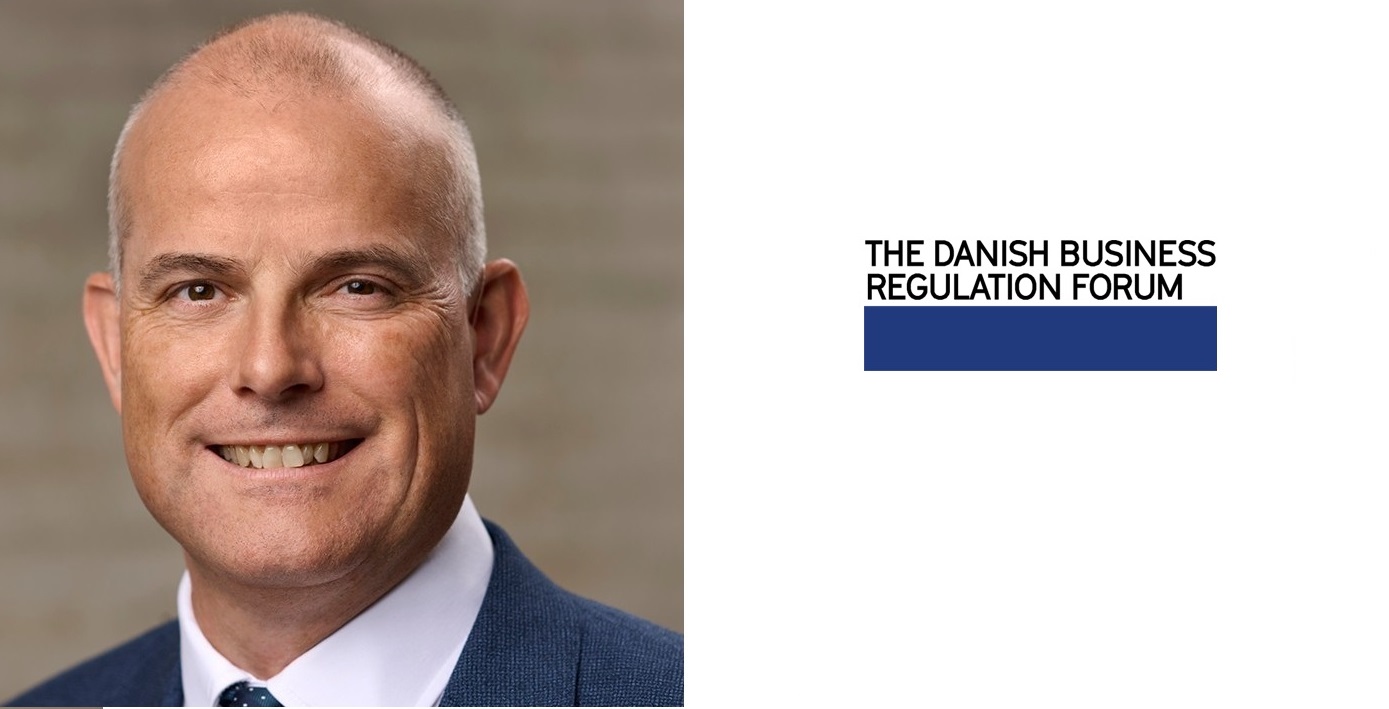In 2025, the Danish Business Regulation Forum will take over the presidency of RegWatchEurope (RWE) from ATR (Advisory Board on Regulatory Burden, NL). We asked Paul Mollerup, DBRF chair, to enlighten us about DBRF and which priorities it plans on having under the Danish chairmanship of RWE.
DBRF separates itself from the other RWE members in both form and mandate. Could you please describe DBRF, its mandate and composition?
The mandate of the DBRF centers on reducing burdens for businesses through a range of different means. We are not specifically focused on impact assessments. Our recommendations to the Danish Government when it comes to the EU regulatory cycle start even before a proposal is formulated by the Commission. We can recommend to the government that they carry out “proactive lobbying” on issues of particular importance to Danish businesses or to the Danish way of doing things in general. Often, we will encourage the government to focus on ensuring a level playing field and proper enforcement from the EU. When a legal act has passed through the EU decision making system the Danish government agency responsible for implementing the act in Denmark has to present us with an “Implementation Plan” within 30 days. This plan outlines their approach to the implementation, and we produce a set of recommendations for the implementation, that we return to the agency. Finally – once an EU act has been in force in Denmark for a while – we can ask for a “neighbor check” where we ask the government to gather information on the concrete implementation of a certain part of a legal act in other EU member states in order to gauge whether the implementation in Denmark has gone beyond the interpretation of the same clauses in other countries.
We can also make recommendations to government regarding national legislation that we find burdensome in order for the government to adjust the rules. Our aim is not to challenge the political objectives, but to propose less burdensome ways of achieving them.
The government has to comply with our recommendations or explain why is does not do so, and all recommendations and replies are publicly available at our website. Since 2019, we have adopted 243 recommendations, and the government has agreed to implement about 75 percent of those. I think that is a pretty significant number and a testament to our work.
DBRF has existed since 2019 under somewhat the same mandate. Prior to DBRF the construction of your work was quite different and split between two councils. Do you see a change in DBRF mandate in the future?
I would honestly hope so. We keep on gathering experience with the way we work and can often see ways to improve our impact. The government has just established a “permanent circle of ministers” to focus on better regulation, which creates hope that the impact of our efforts will improve. We owe it to Danish businesses – as well as European ones – to ease their burdens.
The topics of better regulation and burdens on businesses are on everyone’s lips. What will be DBRFs priorities when you take over presidency in 2025?
We are in close dialogue with the Danish Government hoping to be able to ramp up our efforts together – particularly during the second half of the year when Denmark presides over the EU.
We will be looking at the importance of level 2 and level 3 legislation for businesses. They fly under the radar of impact assessments, but their impact is huge and needs to be assessed.
We will also focus on the issue of transposition of EU Acts. We need the Commission to do more to assist Member States along the way – particularly by hosting far more “transposition workshops”.
The digital exchange of business data also has the potential to ease burdens for businesses. We have worked on that for some time in Denmark and we would like to explore the European potential further.
Any other matters you want to share?
Our Foreign Minister has quoted European businesses saying to him: “In America the roll out the red carpet, in Europe we roll out the red tape”. It goes without saying that the importance of smart regulation, fitness checks, sanity checks, implementation dialogues and all the other measures is bigger than ever. I trust the European Commission is earnest about easing burdens instead of increasing them. We will strive to hold them to that in our Reg Watch Europe dialogue with them.

